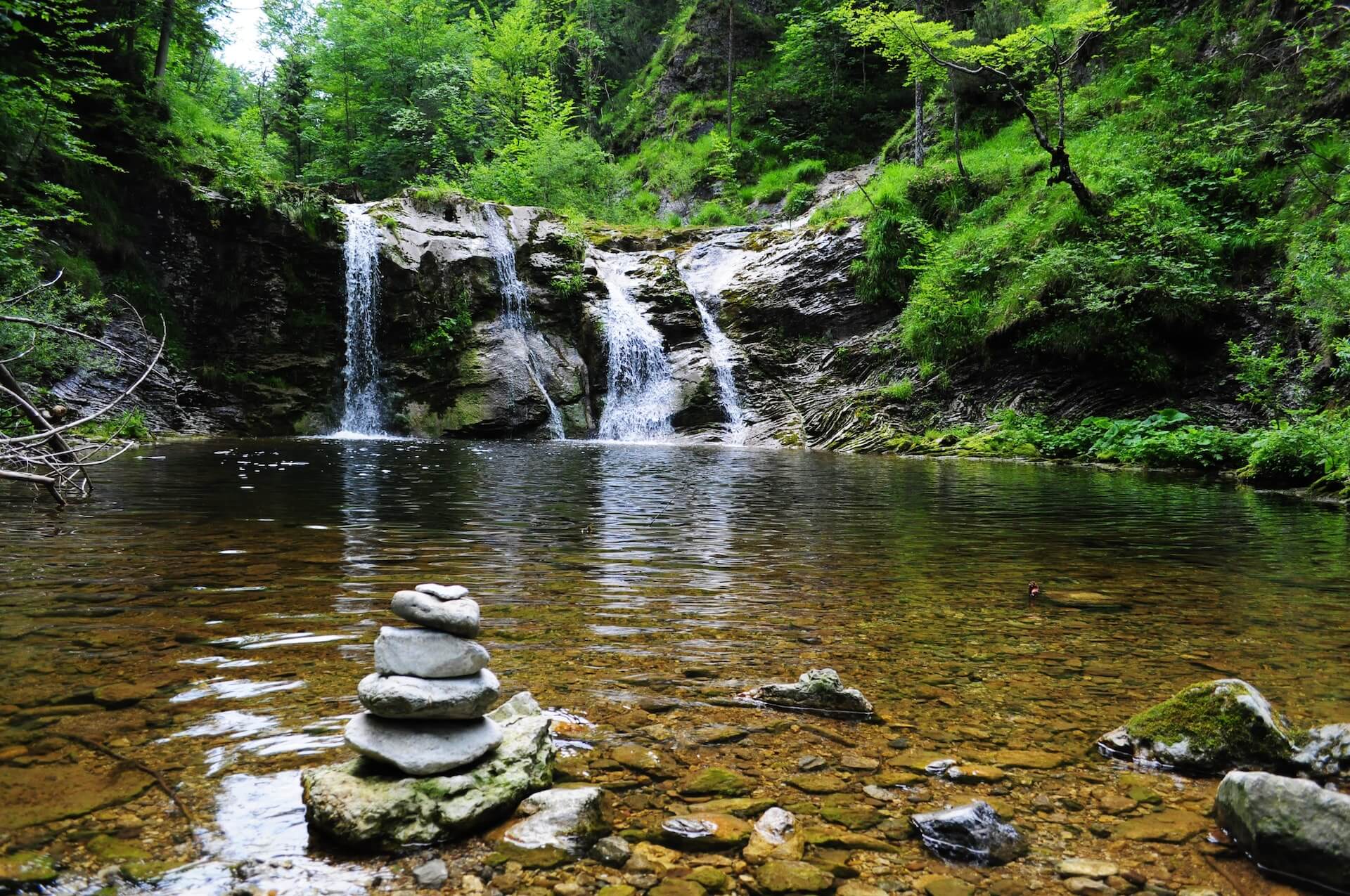
Is It Safe to Swim in a Creek? What You Should Know

Can You Swim in Reservoirs? What You Should Know
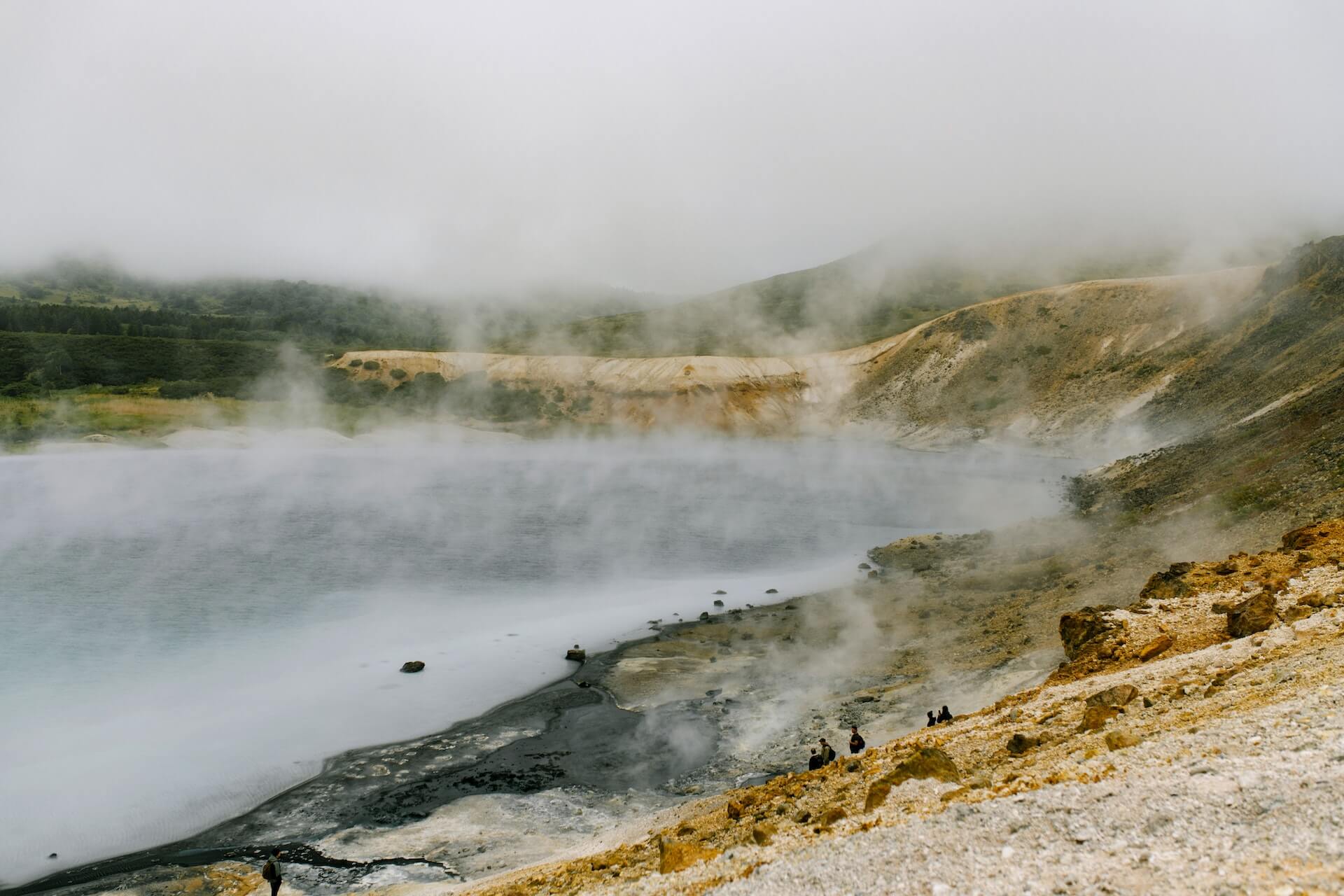
Is Hot Spring Water Safe to Drink? Benefits and Risks
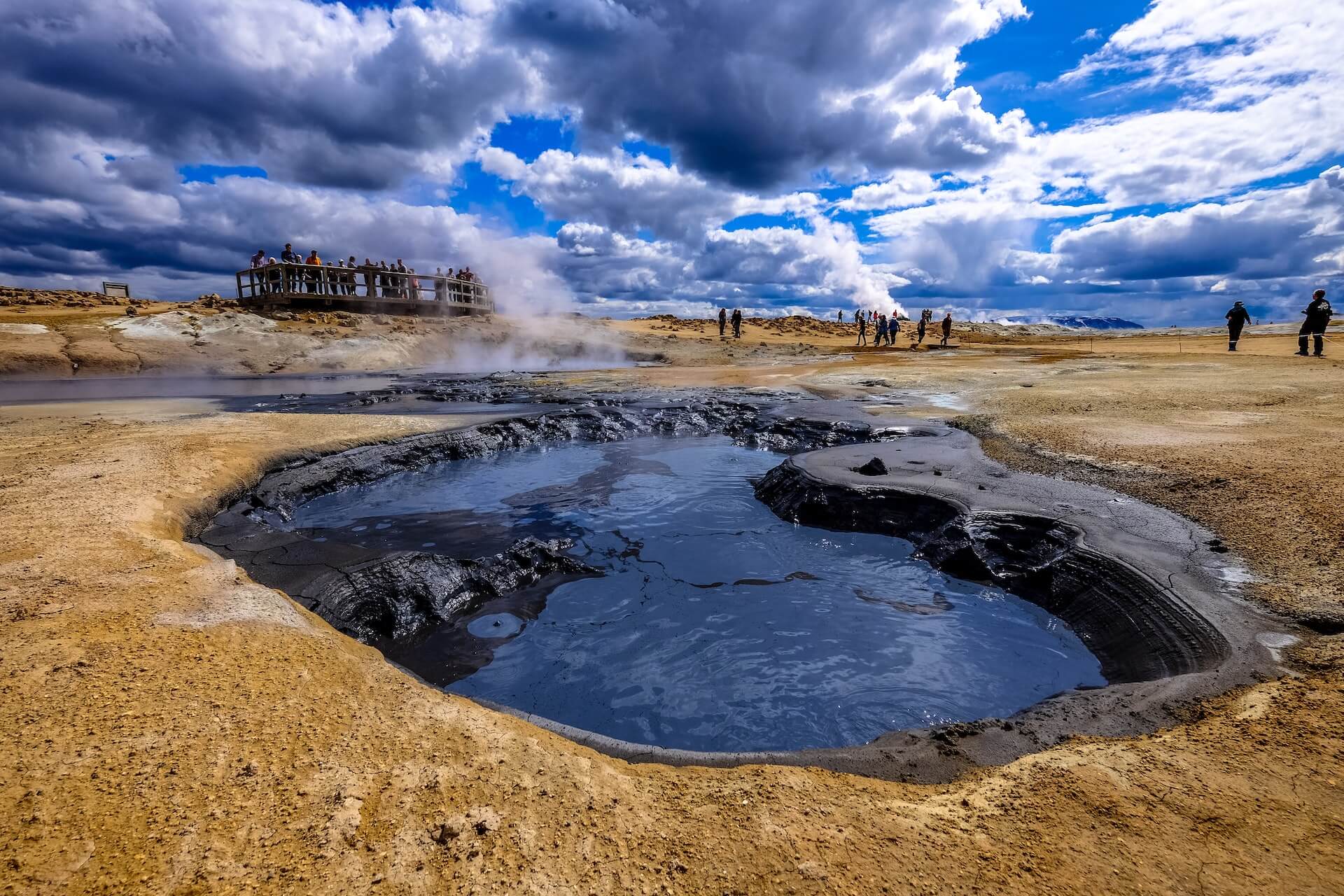
Are Hot Springs Sanitary? What You Should Know

Is It Safe to Go In Sulfur Hot Springs While Pregnant?
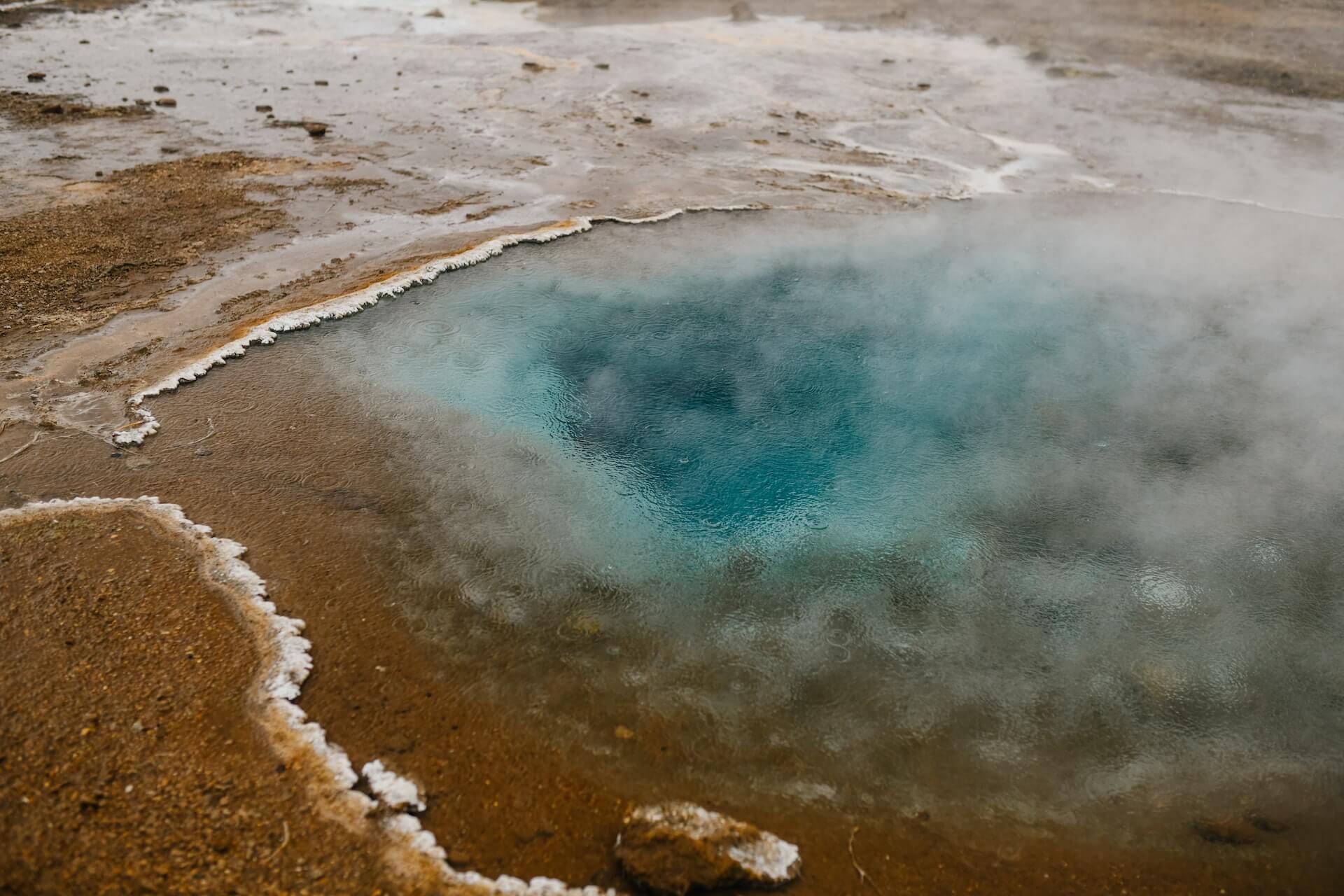
Are Hot Springs Good for Your Hair?
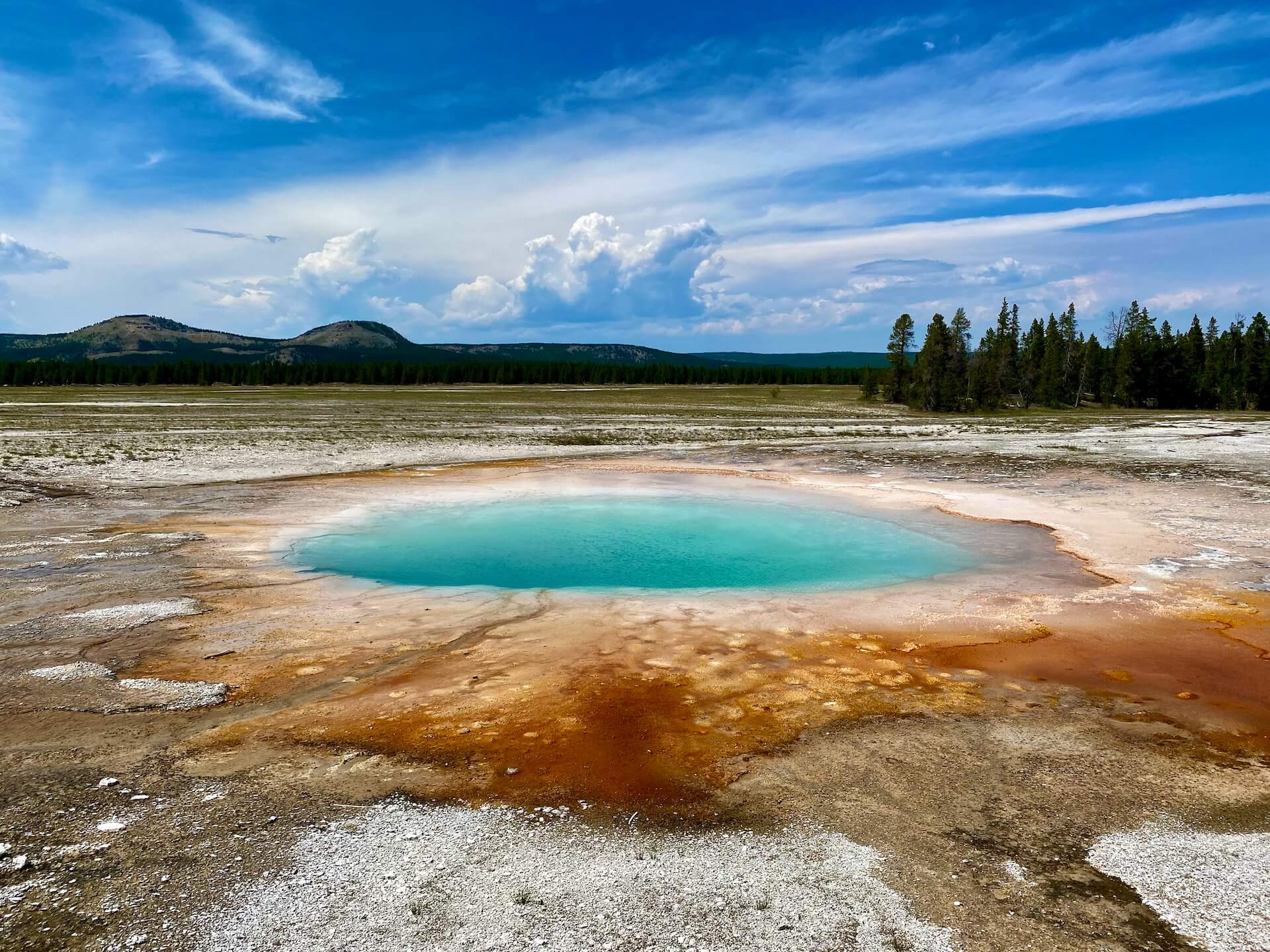
Can You Swim in Hot Springs? Are They Safe or Dangerous?
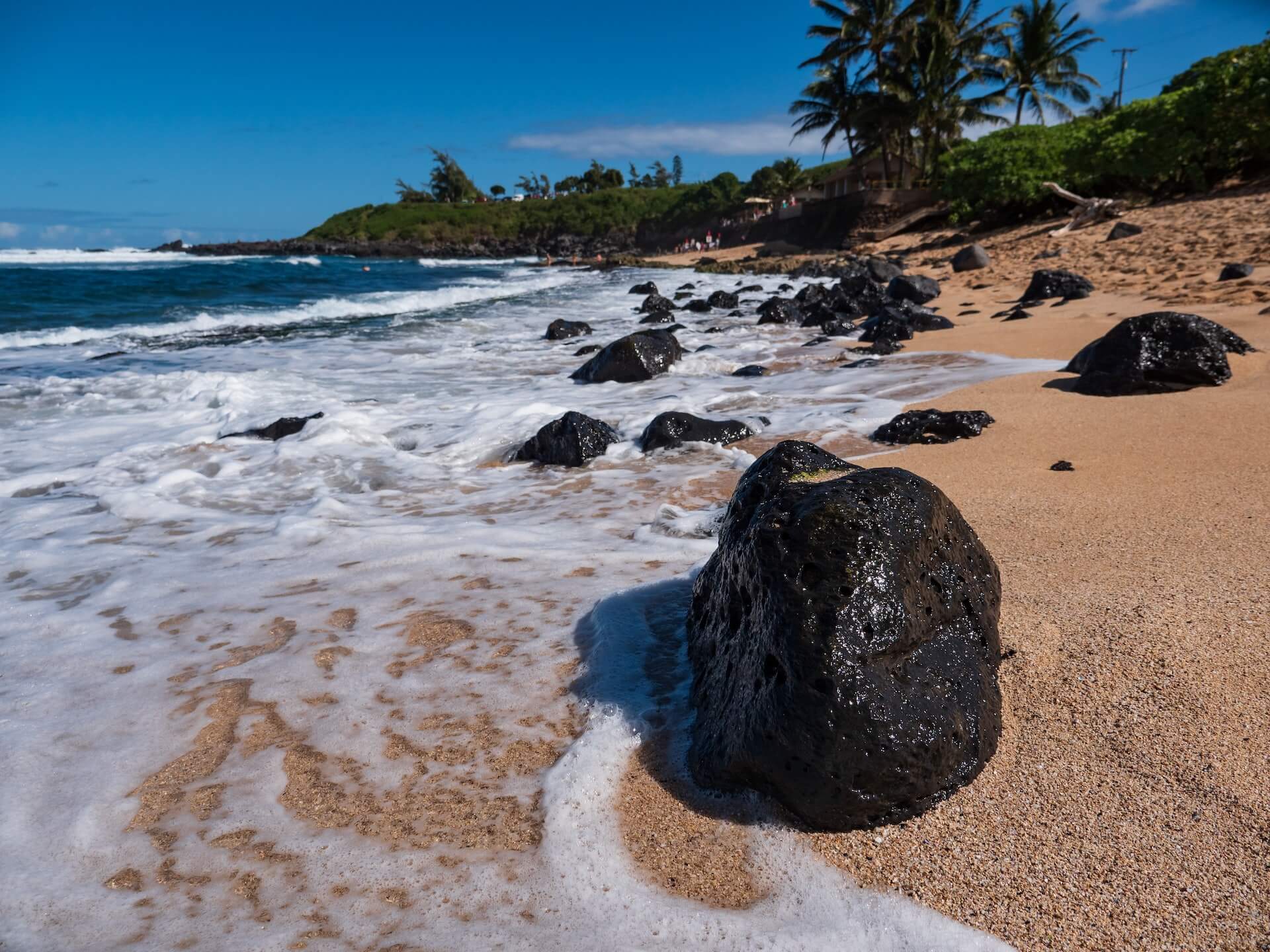
Do You Need to Wear Water Shoes in Hawaii?
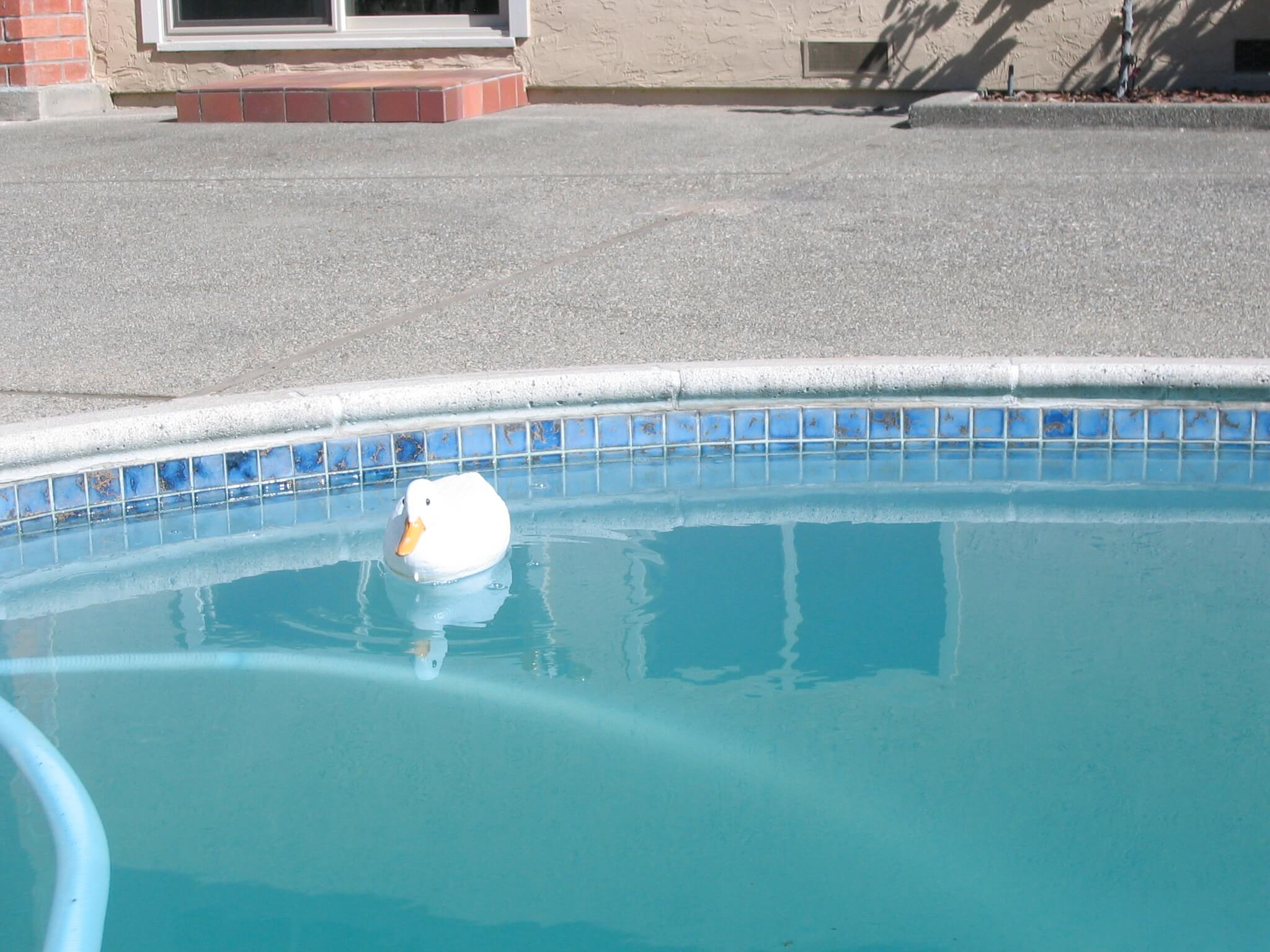
Can You Swim in a Cloudy Pool? What You Should Know
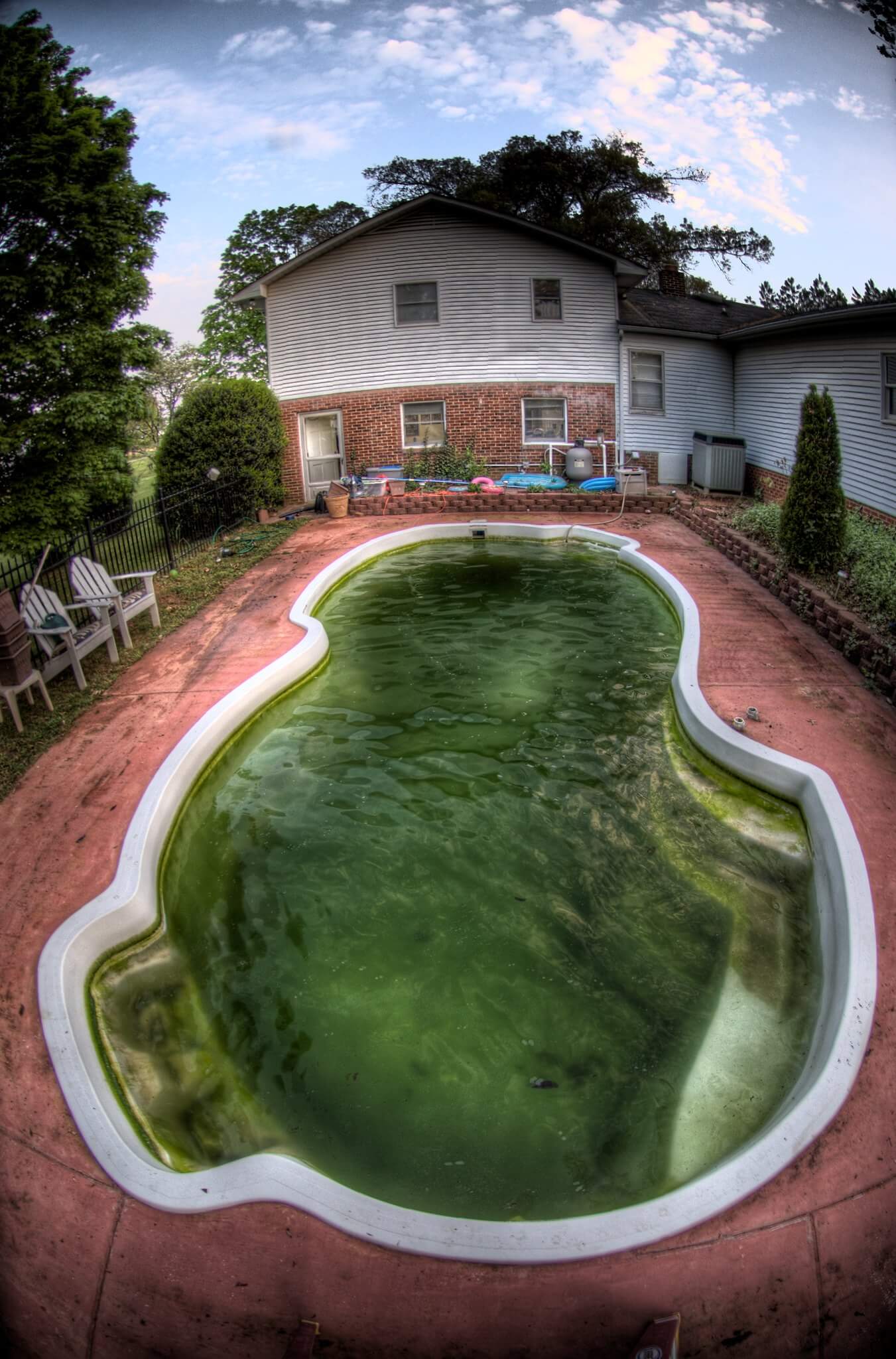
Can You Swim in a Pool with Algae in It?
At OpenWaterHQ.com, our goal is to provide people with the knowledge they need to get into the water quickly and enjoy their favorite leisure water activities, whether it is snorkeling, SCUBA diving, freediving, sailing, or kitesurfing.
Get Started with Water Sports
Most of our planet is covered in water, and thankfully we’ve figured out how to make the best of it for our benefit and enjoyment. Nowadays, people literally ride the waves and swim with sharks, and you can do it too!
Some of these water sports require extensive knowledge to do properly and safely, and knowing what equipment you need is important. If you are snorkeling for example, you need to have a mask, snorkel, and fins (read our article on how does snorkeling work to learn more). Scuba divers need all of that and more, such as a properly-fitted wet suit, oxygen tank, and dive knife.
Without any help, finding the gear you need and learning how to use them can get overwhelming fast. That is why we have compiled a list of our latest articles on these topics to help beginners get started. Even if you’re a veteran, we’ve got some useful or interesting articles for you peruse as well.
Tips to Help You Pass Your Open Water Course
Just imagine how small you are in the vastness of the sea. The thought that, without your gear, there’s no possible way a human being could survive in this harsh environment for very long. And who knows what kinds of marine life you might encounter out there? As a beginner, the first time going out for an open water dive is nerve-wracking!
But don’t worry! As long as you are with other divers and a qualified instructor, it should be a fun and educational experience once you get over your nerves. And in a short time, you will be exploring the wonder that is the undersea world. Here are some tips to help you ace your Open Water Course.
Stay Calm
Don’t panic. Unfortunately, staying calm and relaxed is difficult for novice divers, but it’s crucial if you want to safely dive. Just know that almost everybody finds it scary the first time, and instructors expect it, but do your best to follow your training.
Pay Attention
Everything you are taught at an Open Water Course has a purpose, even if it is not immediately obvious. Don’t make the mistake of thinking certain tips are less important than others. Your instructor will generally tell you why something is important, and the time to use that knowledge could be during an emergency. So don’t neglect any details and pay attention.
Ask Questions
During an Open Water Course, your instructor will be doing lots of demonstrations and explanations. Perhaps your instructor is going too fast, or your brain is being overloaded with information, or something wasn’t explained very well, but when this happens don’t hesitate to ask for clarification.
This relates to the paying attention tip just above. Not understanding a concept is basically the same as if you missed that bit of information. Perhaps it was a crucial point that could save your life or somebody else’s in the future. So don’t feel bad about asking “dumb” questions. Don’t feel bad, don’t feel shy, and chances are you weren’t the only person with that question anyways.
It’s Not a Competition
Maybe you are a competitive person and like being the best. But when you are out in the open water, it’s a team effort and everyone should help each other out. People learn at different speeds, and if you or somebody else learns the concept first, it’s not a big deal.
When you are taking a scuba diving course for the first time, the goal is not to be the fastest at learning the theories; it is to give you the knowledge to excel on your first real dive. So as long as all the students (potential diving partners) understand the theory at some point, everything is peachy.
Don’t Give Up
Many students take the Open Water Course and think they know exactly what it is like to scuba dive. Yes, the course prepares you for it, but it is still not quite the real thing. For example, normally when diving you wouldn’t remove your regulator and mask underwater while performing fin pivots.
The course will instill in you the confidence and skills needed to be a scuba diver. But if you’re unsure if diving is for you, get through the course first and then go for an open water dive for yourself afterwards. That way, you can figure out if you enjoy diving or not once you’re not in an instructional environment.
Have Fun
Remember to stay calm and enjoy the experience. Don’t let the diving course scare you away from diving. Scuba diving is incredibly fun, and people enjoy it for a lot of different reasons. Once you’ve successfully finished the course and swim in the open water for leisure, you will know why diving is so popular.
